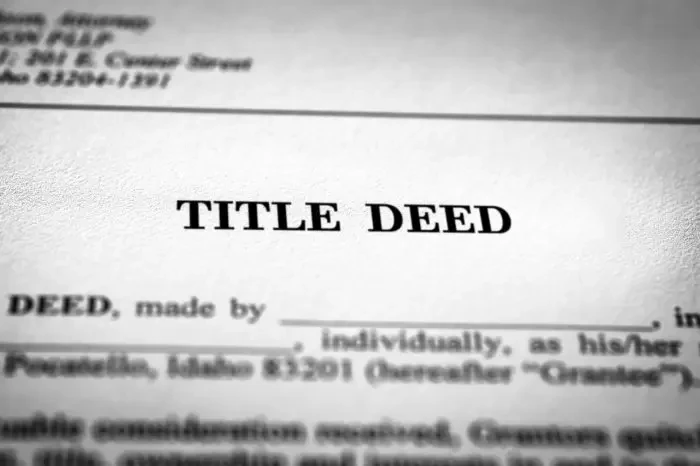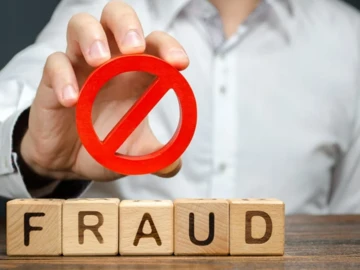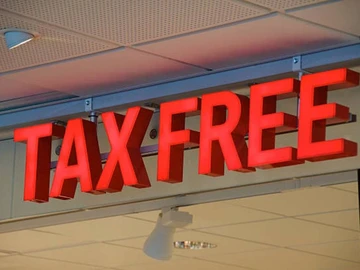Introduction
Based on press reports it appears to me that cases of alleged fraud over title deeds is on the increase. From those reported cases my understanding is that such cases involve the following:
- Use of fraudulent identity documents such as national identity cards bearing details of the legitimate registered owner of the property but with the picture of the fraudster.
- Use of fake title deeds to sell to unsuspecting purchasers or to effect transfer at the Deeds office.
Possible measures to counter title deeds fraud
I am encouraged by the Government’s concerns and current efforts to address the problems at the Deeds Registry including alleged corruption.
I do not have intricate details of some of the alleged cases. Some of the cases are pending in court so I will not be able to refer to them.
However, in general, I wish to give some suggestions on some of the safeguards or controls that can be implemented or enhanced around title deeds or during the process of transfer of properties from sellers to purchasers.
Identity documents
It appears to me that most of the time when there are allegations of actual or attempted fraud on title deeds there will be use or intended use of fake or counterfeit national identity documents.
If it is true, I recommend extra safeguards around identity cards presented by sellers during the sale of properties by estate agencies and transfer of the sold properties.
During the transfer, the conveyancer works closely with ZIMRA for the capital gains tax clearance certificate and then the Deeds Registry for the actual transfer of the properties. During that transfer process identity documents are used.
It may be necessary for the key parties involved in the sale and the chain of transfer, that is estate agency, the conveyancer, ZIMRA, and the Deeds Registry to have access to the office of the Registrar General (“RG”) for purposes of authenticating or vetting identity documents.
For example, any of those parties can write to the RG, through for example specially designed forms, attach the identity document provided by the seller, requesting the RG’s office to authenticate or confirm the identity document by stamping it.
I am sure through that verification process it should be possible to pick any anomalies such as differences in pictures between any fake and genuine identity documents.
For convenience, the RG’s office can set up a special desk at the RG’s offices or at the Deeds Office. In this age of technology, such verification may also be done electronically. I am not sure of the security of personal information if estate agents or conveyancers are allowed limited online access to the RG’s records for purposes of verification.
Estate agencies and conveyancers may also ask for the passports of the seller to check if such passports have been used to travel.
Due diligence over title deeds: It is standard procedure that when a seller presents a copy title deed intending to sell a property due diligence on the title deed is carried out at the Deeds Registry.
This is normally done by the estate agency, a legal practitioner for the purchaser, or an appointed conveyancer.
This is a basic process that must always be done. It compares the title deed presented by the seller to the one kept at the Deeds Registry.
Internal controls at the Deeds Registry: I do not know the finer details of how title deeds are filed or kept at the Deeds Registry.
However, like in most security environments, unauthorised access, including pulling out of original documents, ought to be restricted or prohibited. All I can say is that there might be need to review internal controls at the Deeds Office.
Scanning of documents: Another control may include the scanning of all original title deeds and identity documents of the registered owners and having them stored online in the system.
During transfer, the examiners or registrars can then compare the physical copies lodged by a conveyancer versus the title deed and identity documents in the Deeds Registry system. That may also help expose any inconsistencies.
Conclusion
The above are a small part of improvements that may be made.
Disclaimer
This simplified article is for general information purposes only and does not constitute the writer’s professional advice.
- Godknows (GK) Hofisi, LLB(UNISA), B.Acc(UZ), Hons B.Compt (UNISA), CA(Z), MBA(EBS, Heriot- Watt, UK) is the Managing Partner of Hofisi & Partners Commercial Attorneys, chartered accountant, insolvency practitioner, registered tax accountant and advises on deal and transactions. He has extensive experience from industry and commerce and is a former World Bank staffer in the Resource Management Unit. He writes in his personal capacity. He can be contacted on +263 772 246 900 or gohofisi@gmail.com
 Continue with Facebook
Continue with Facebook
 Continue with Email
Continue with Email














